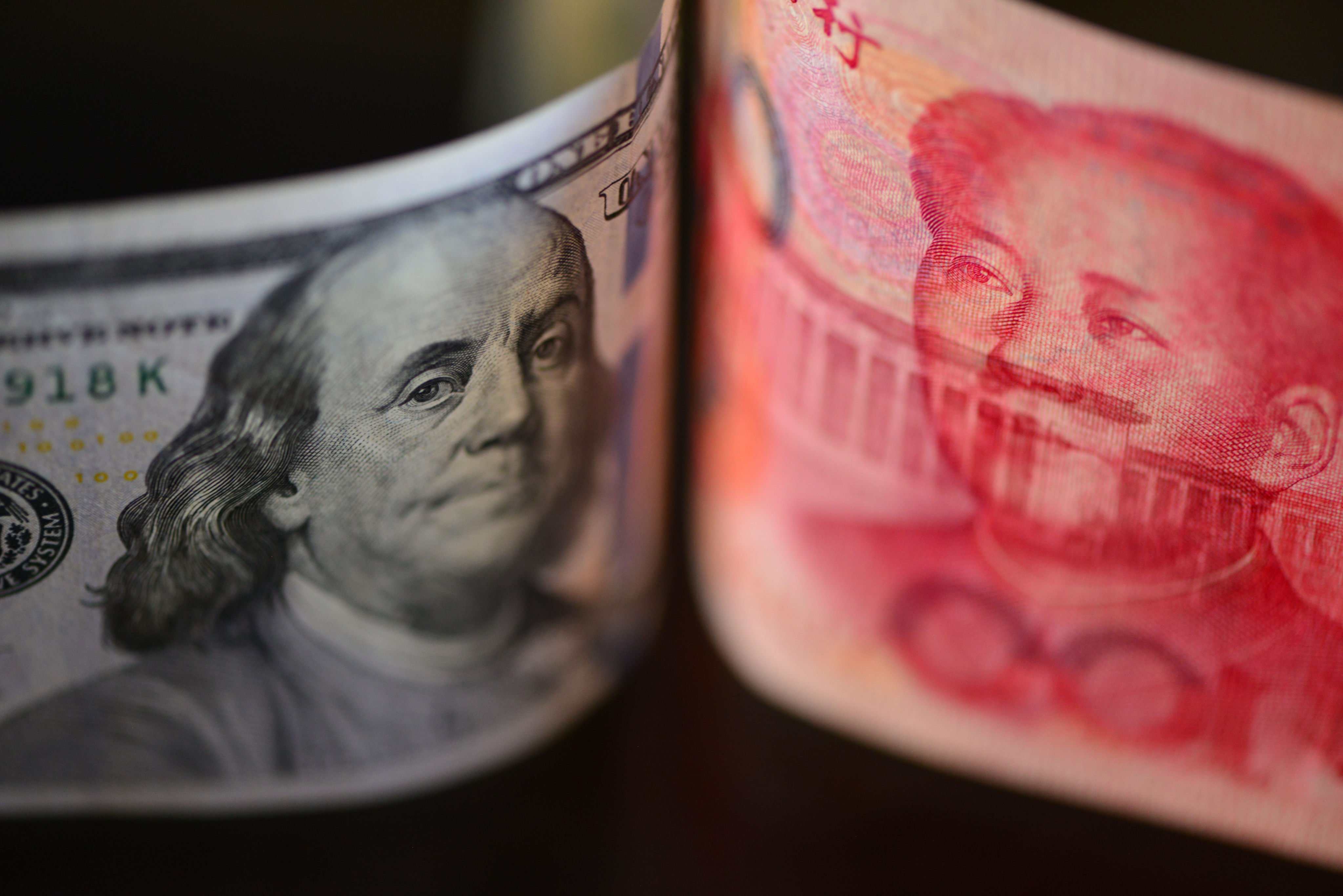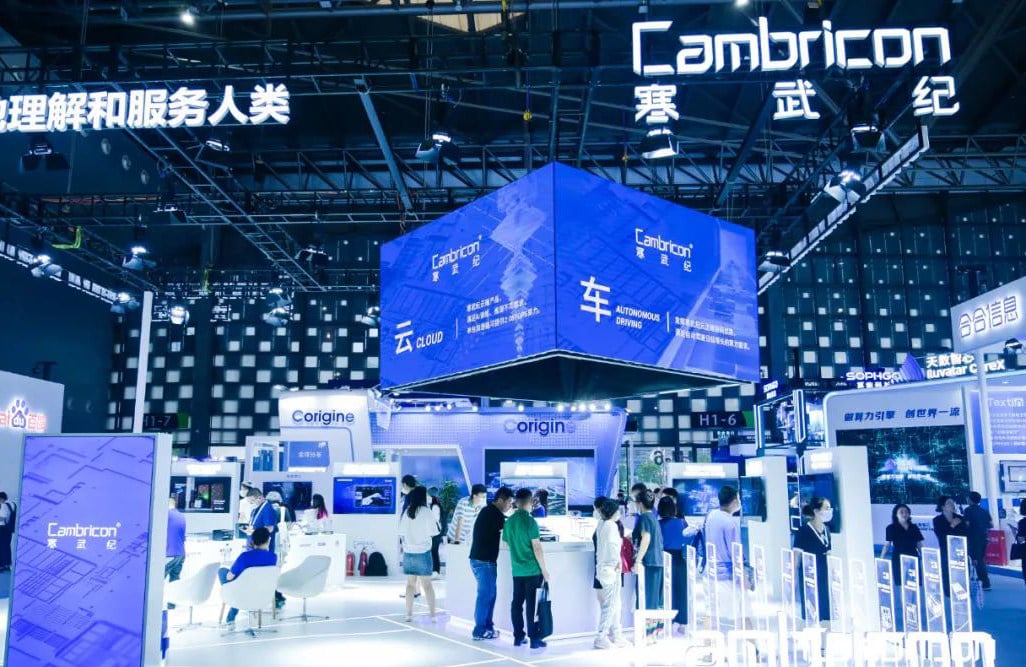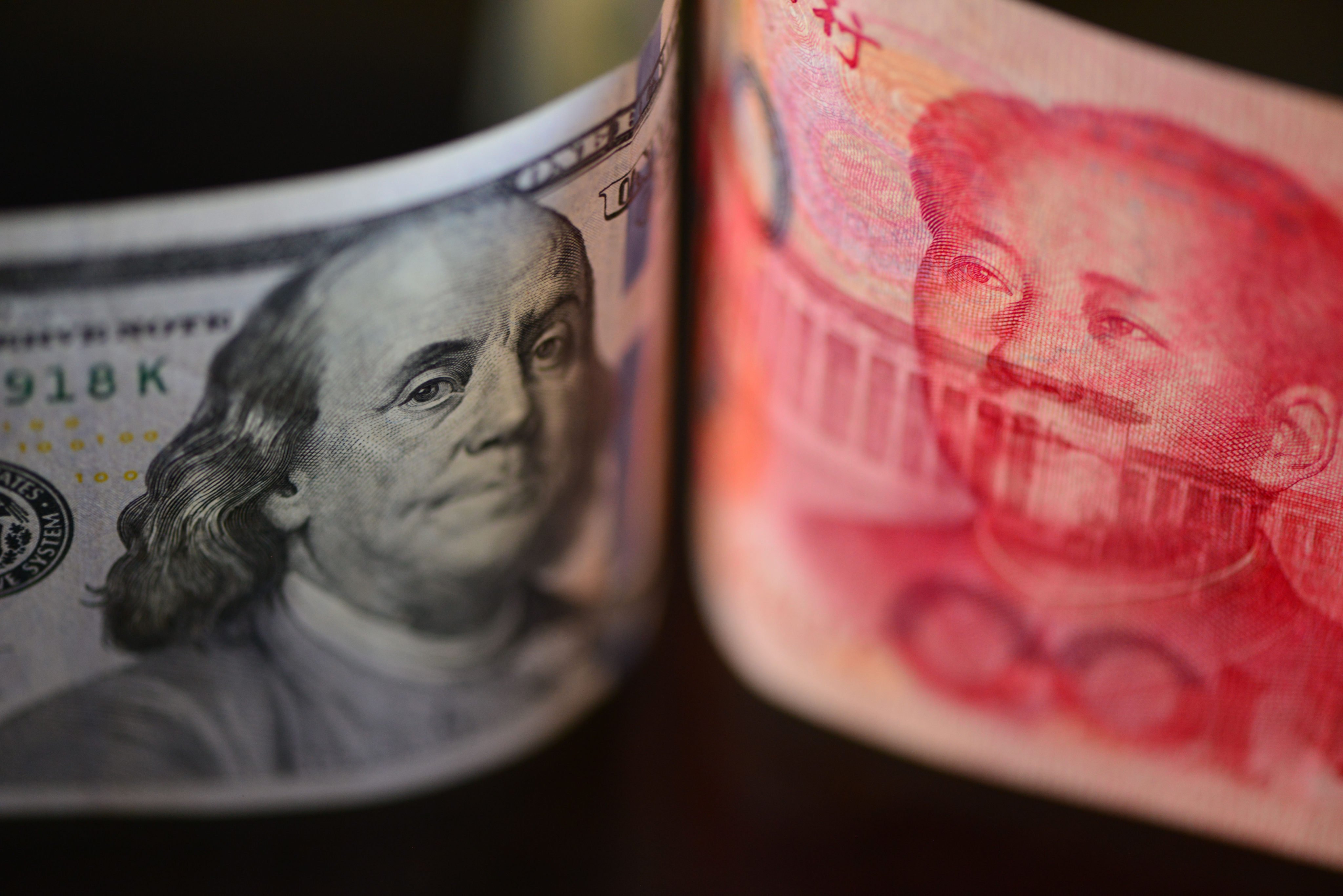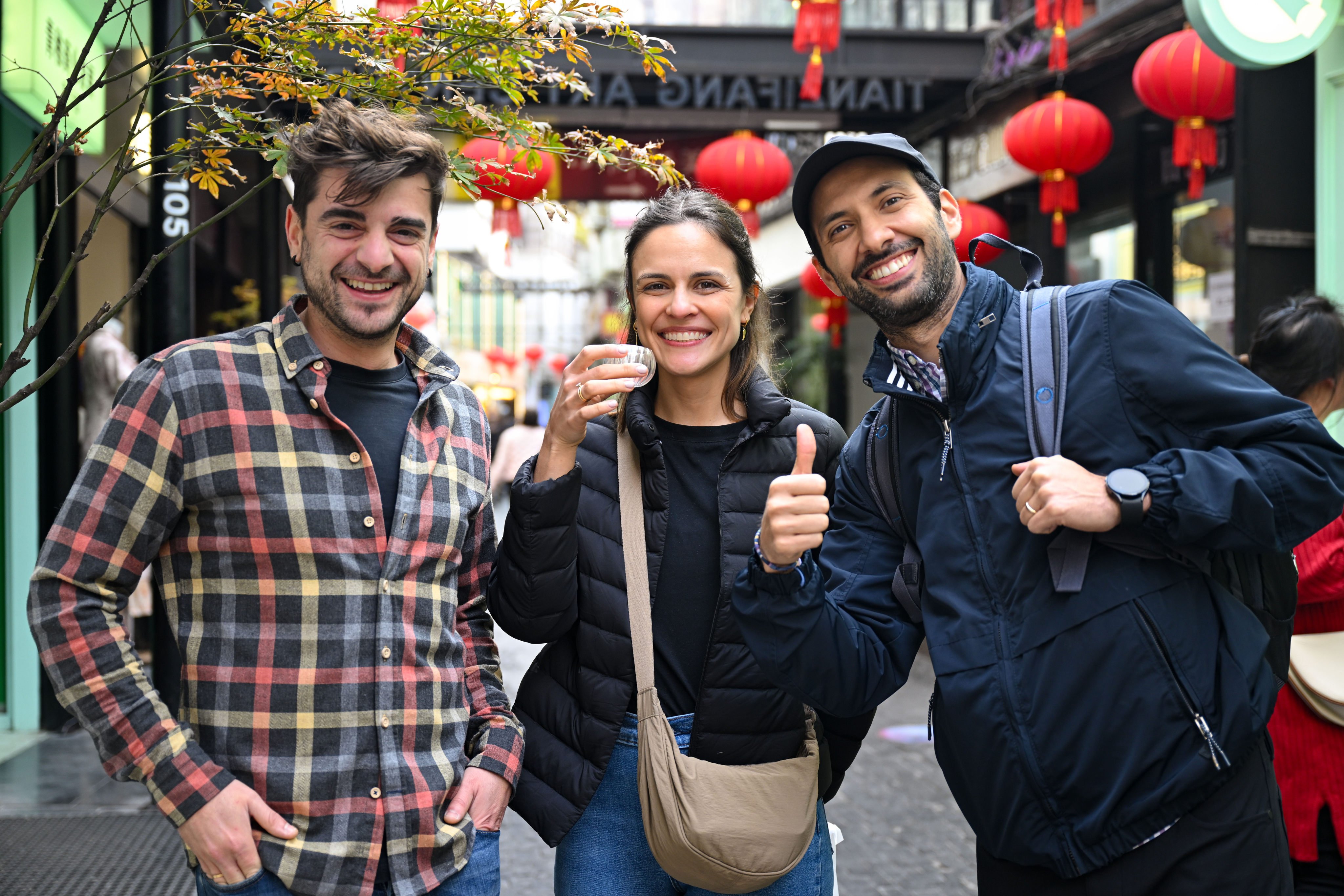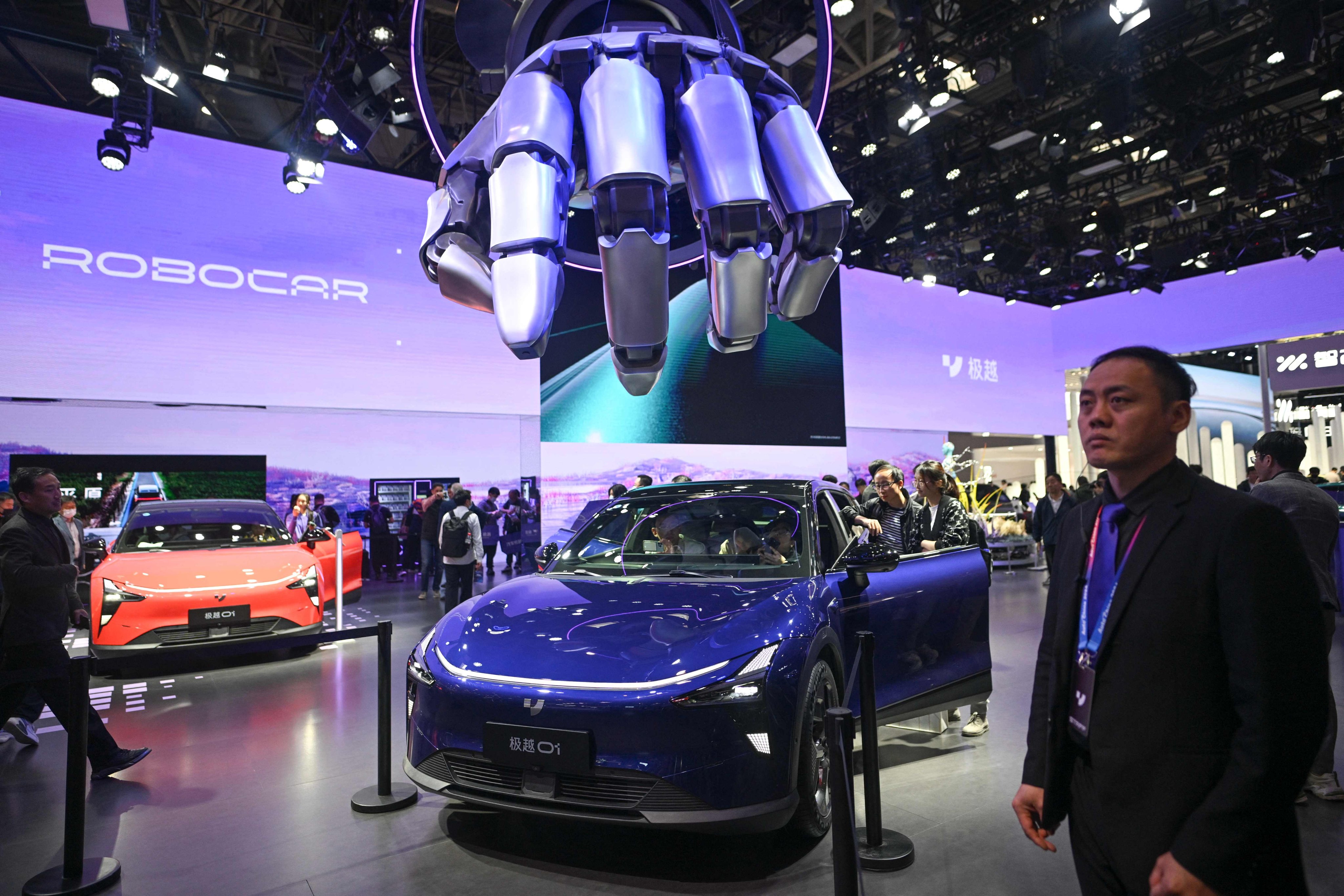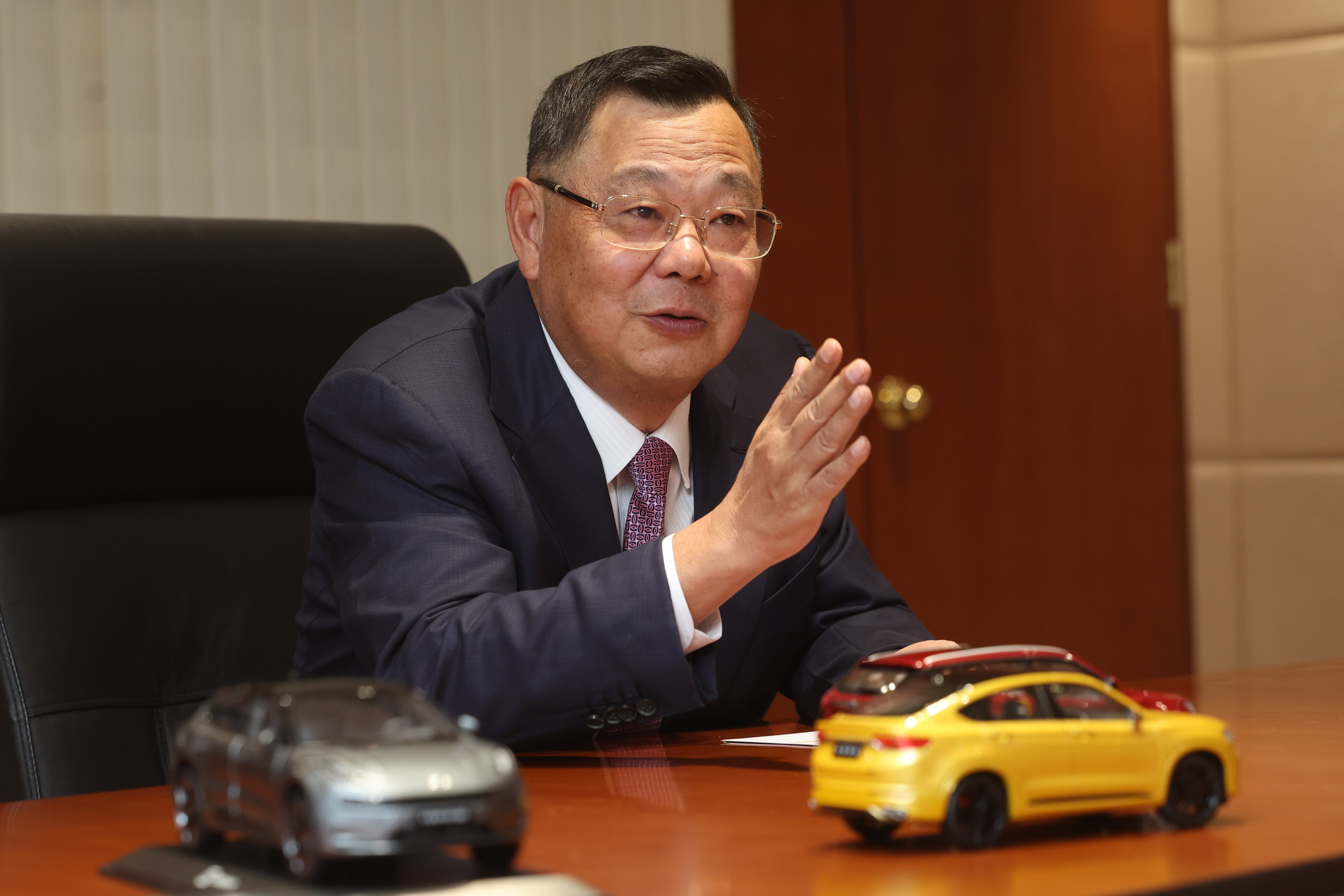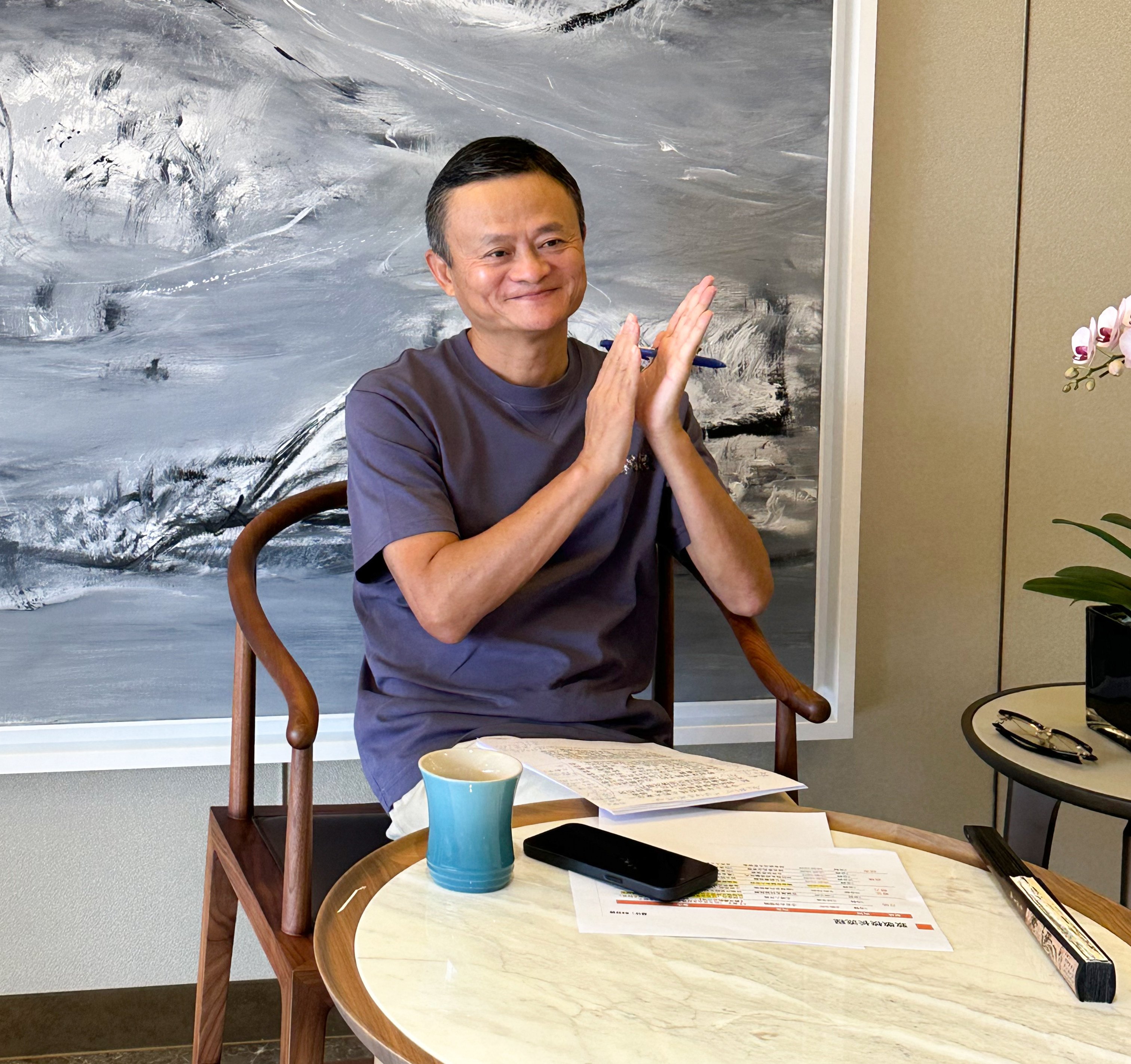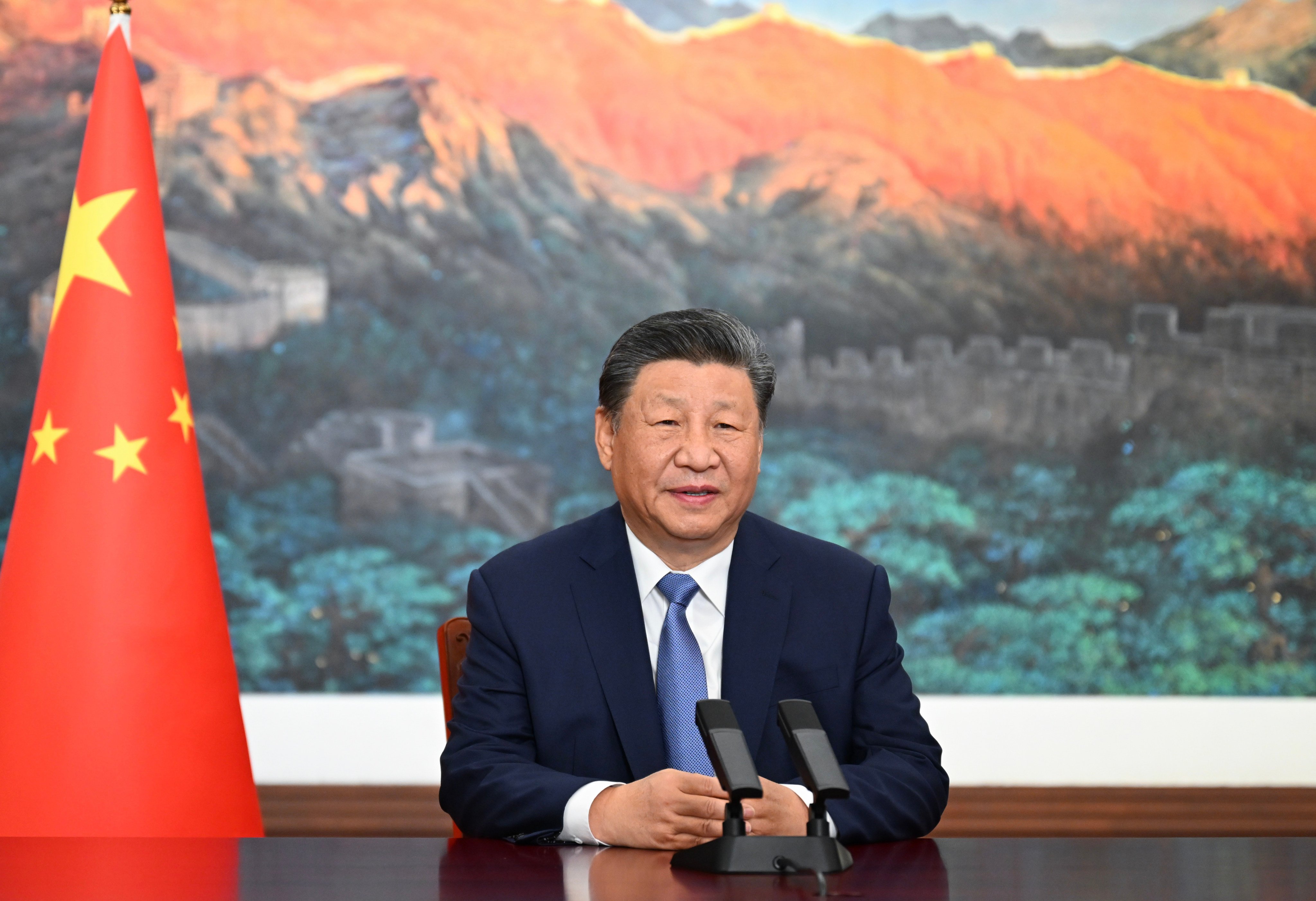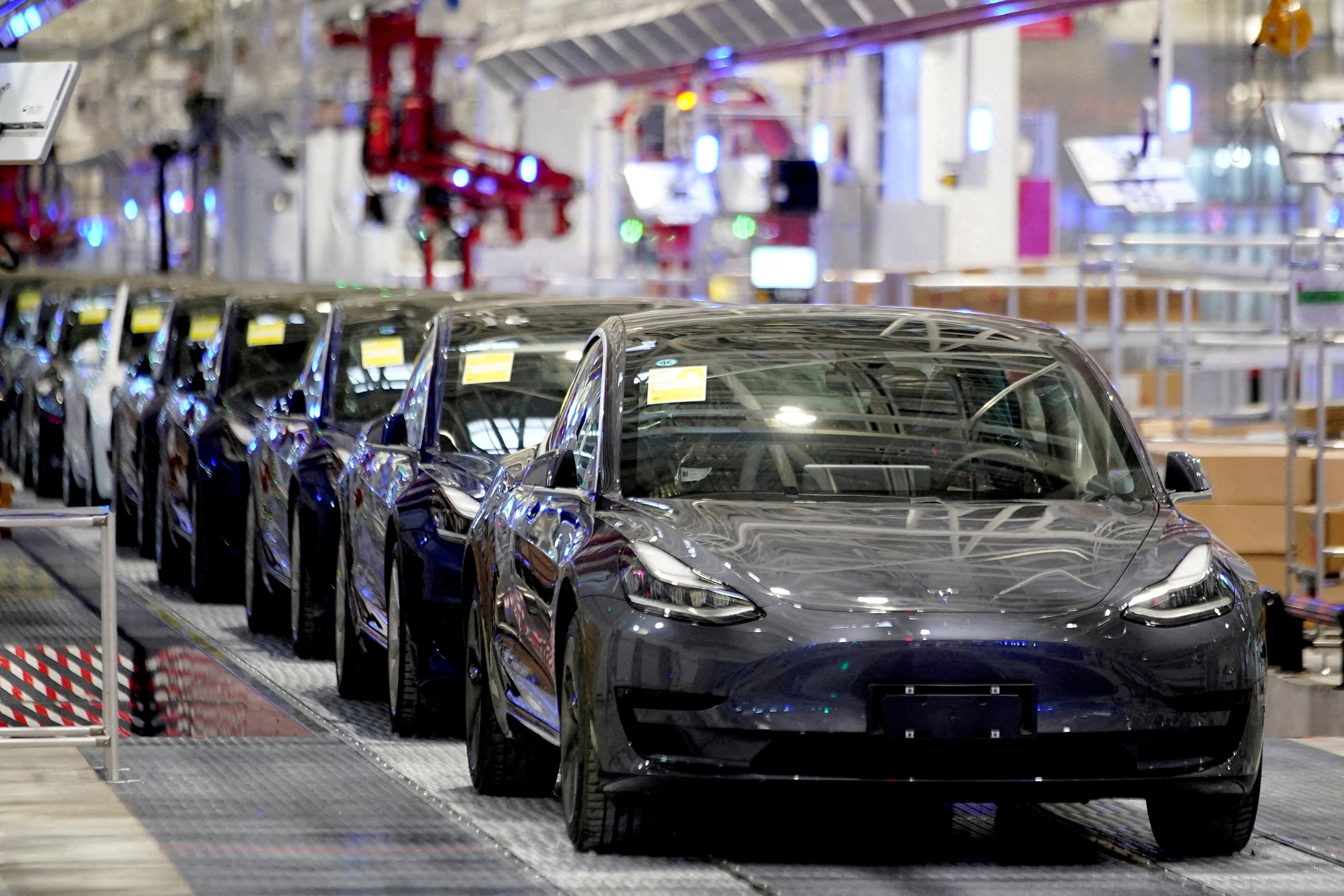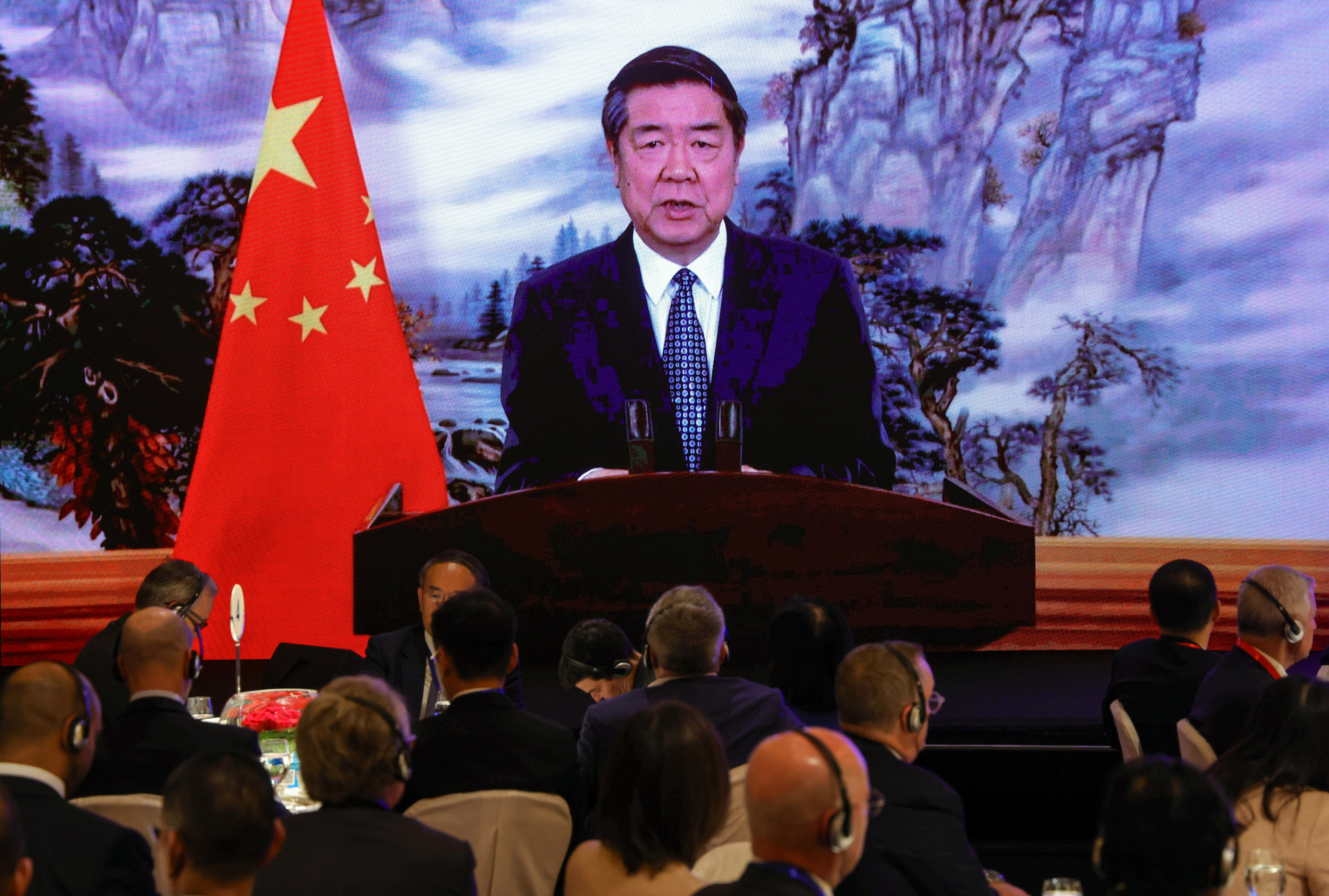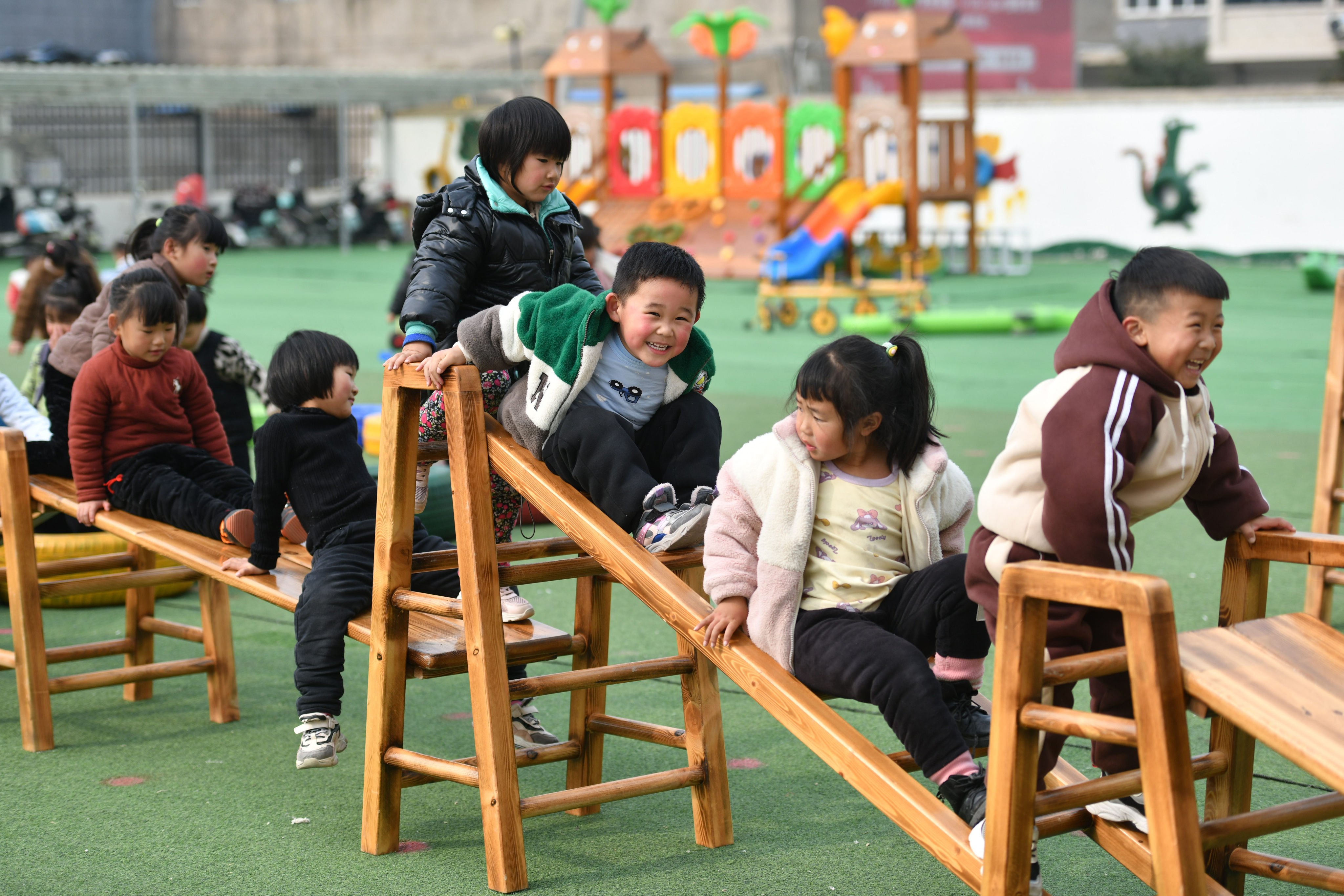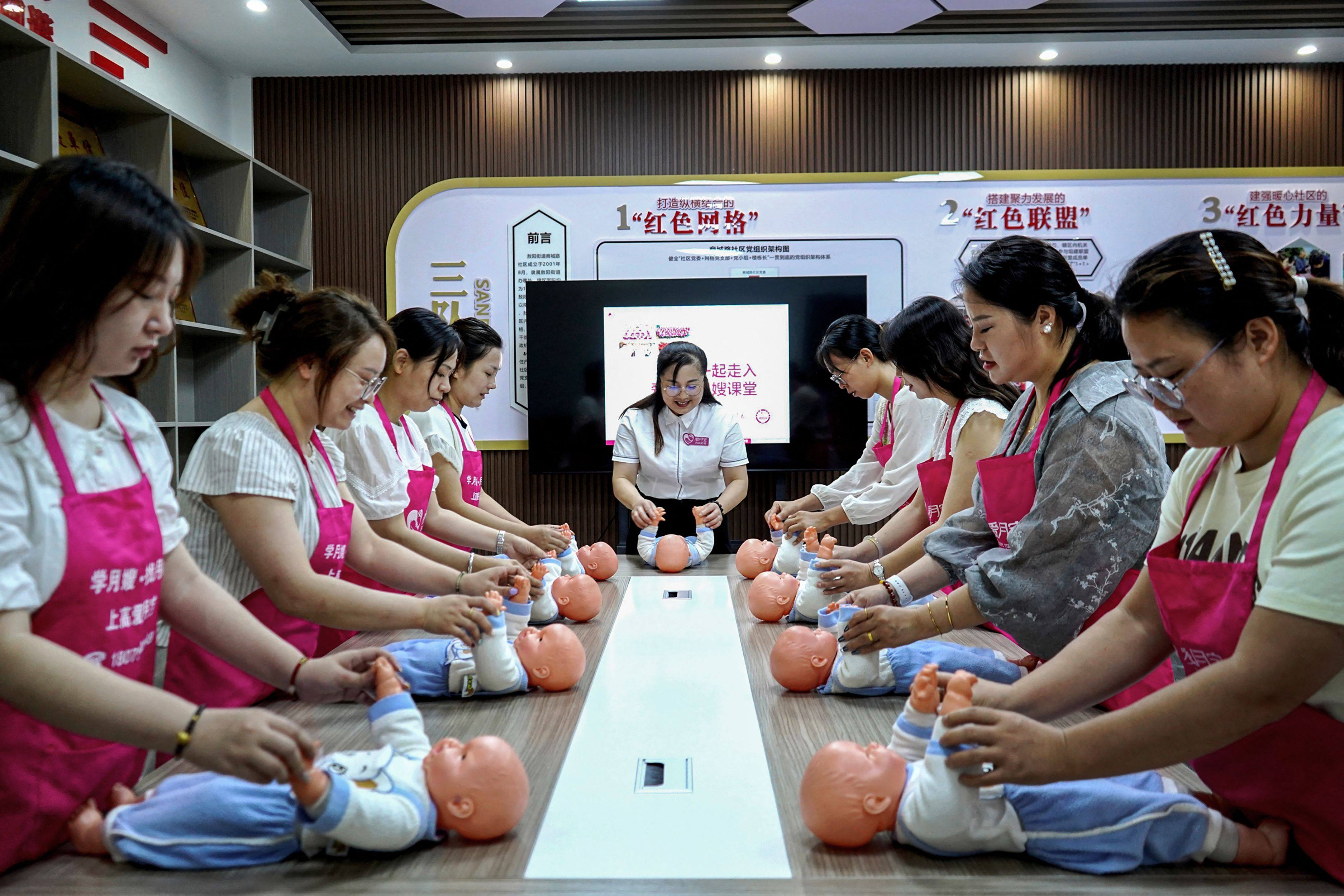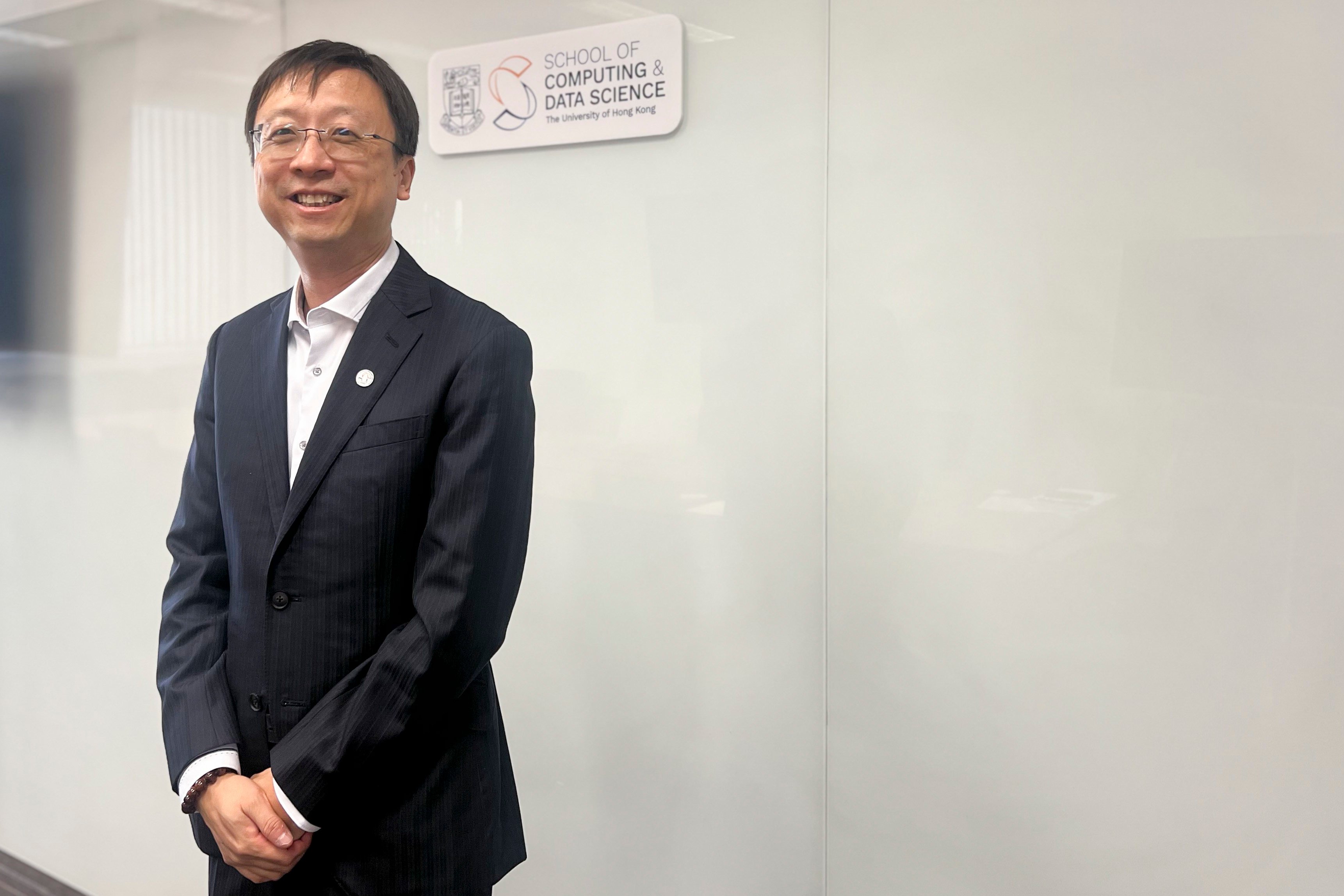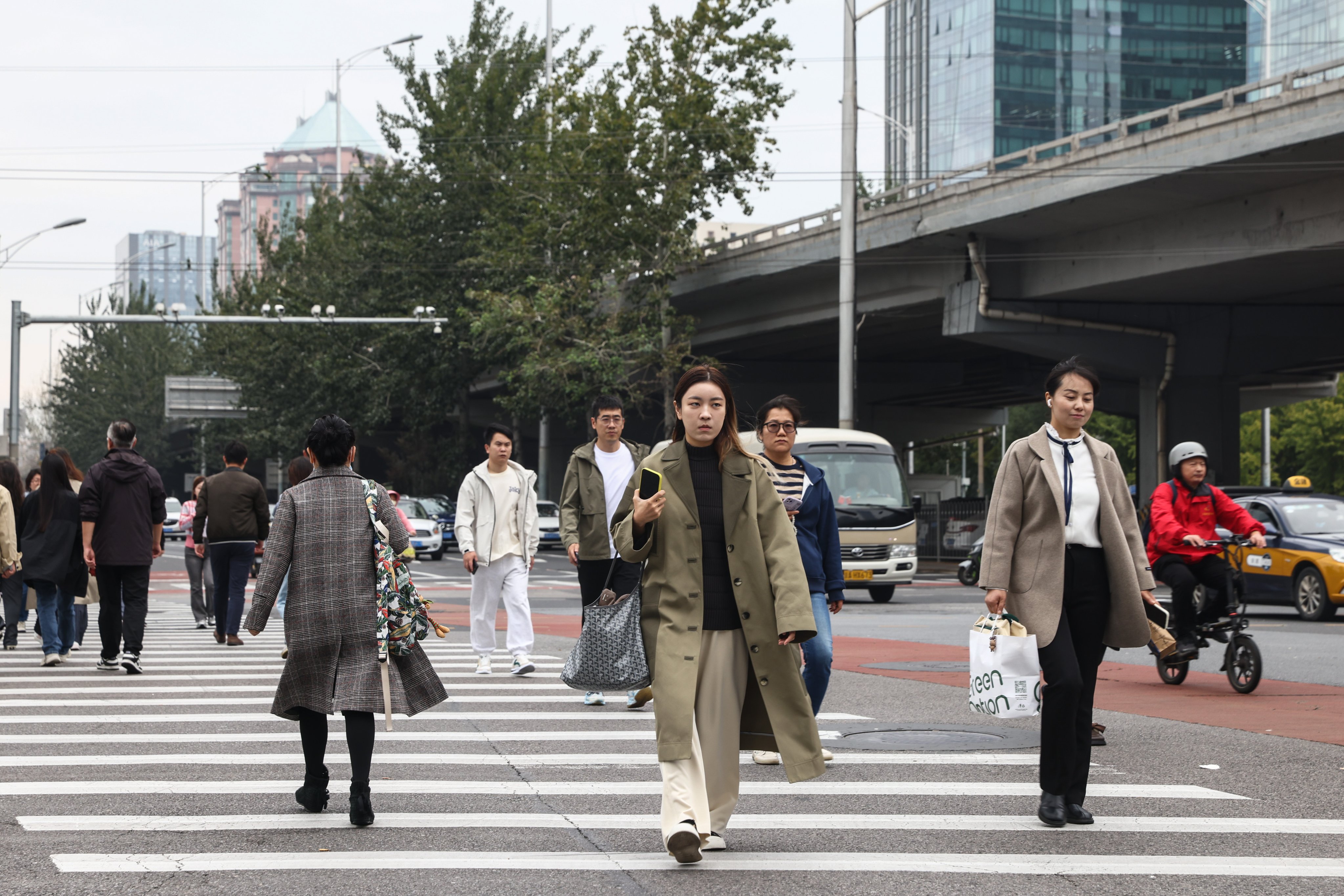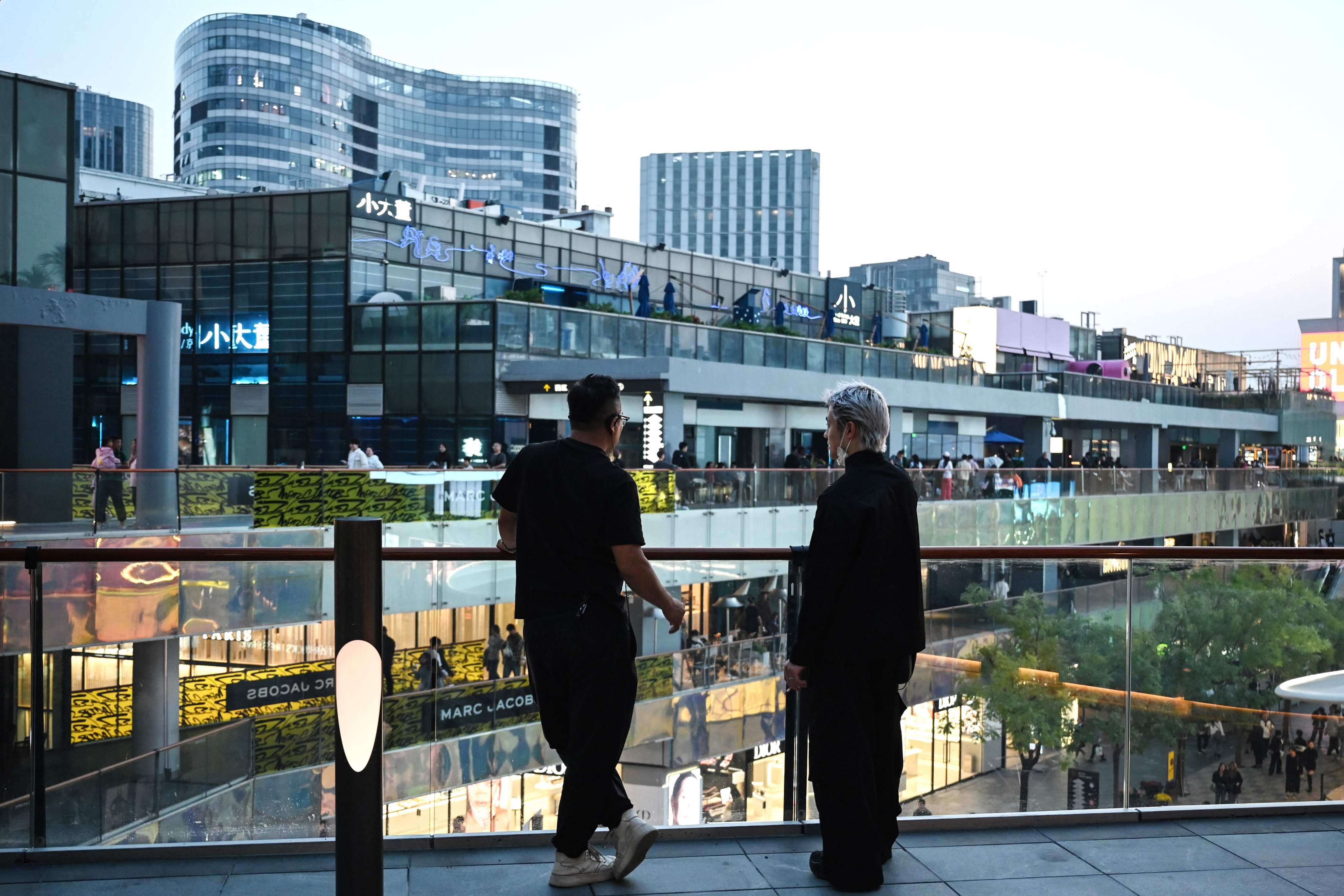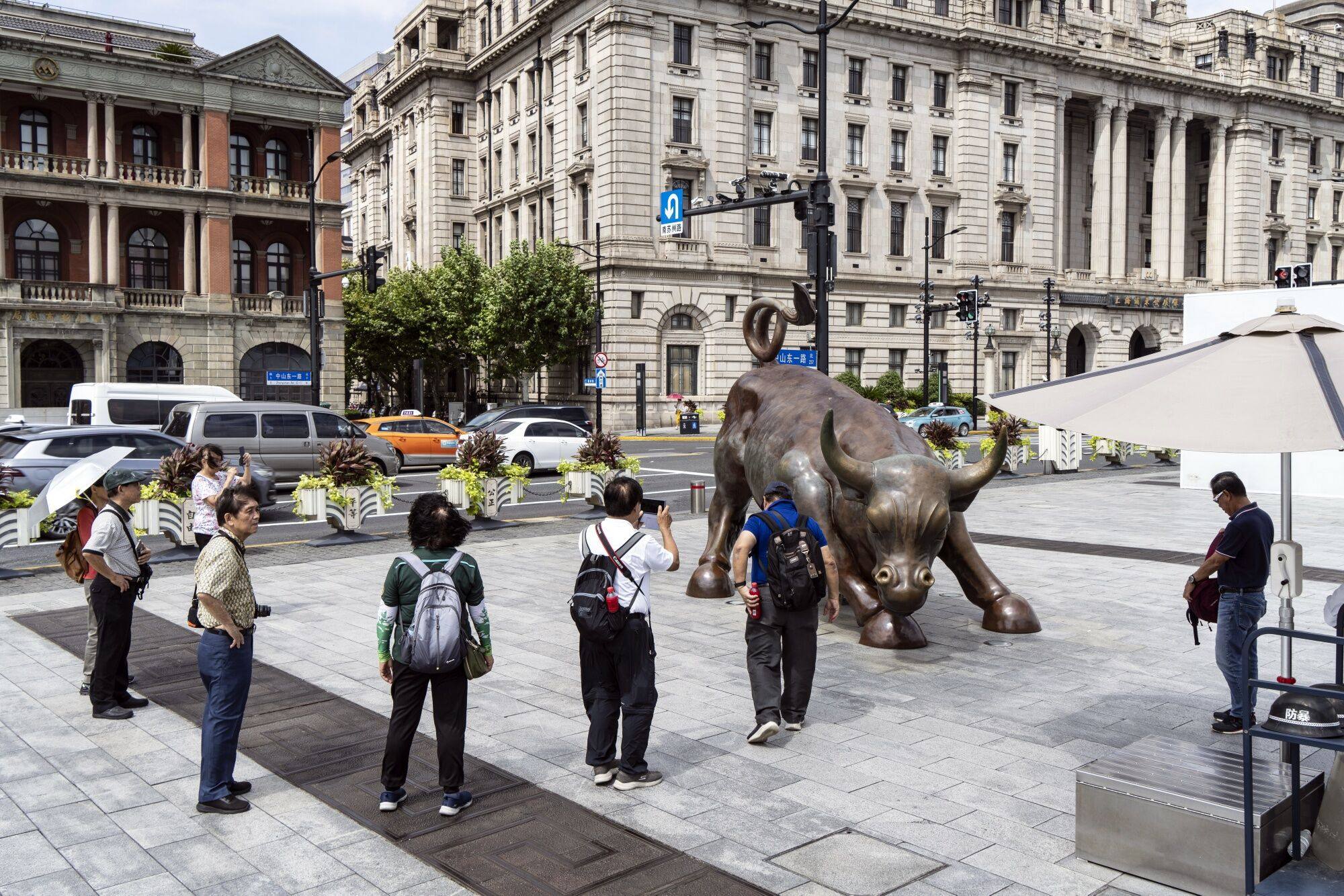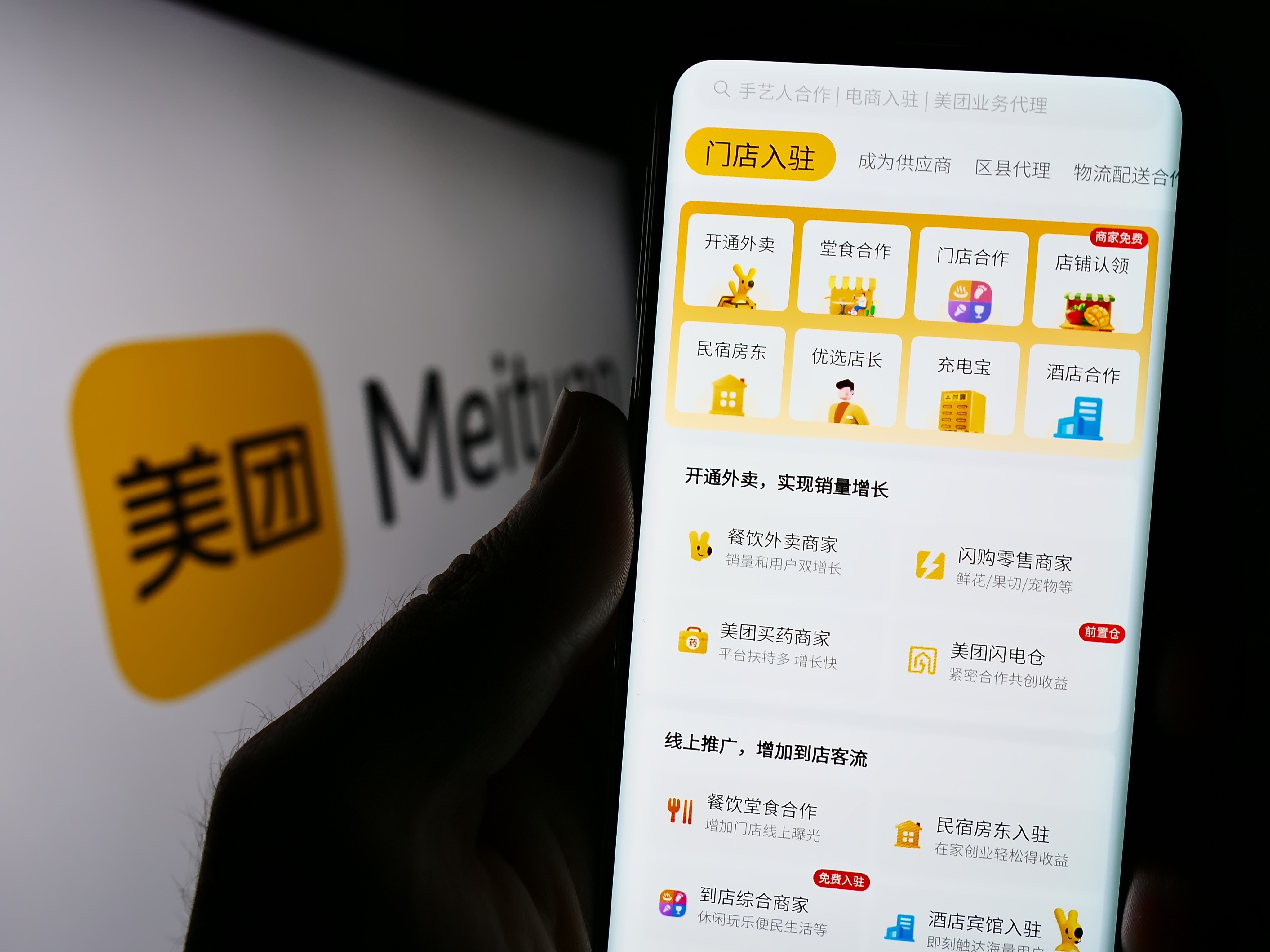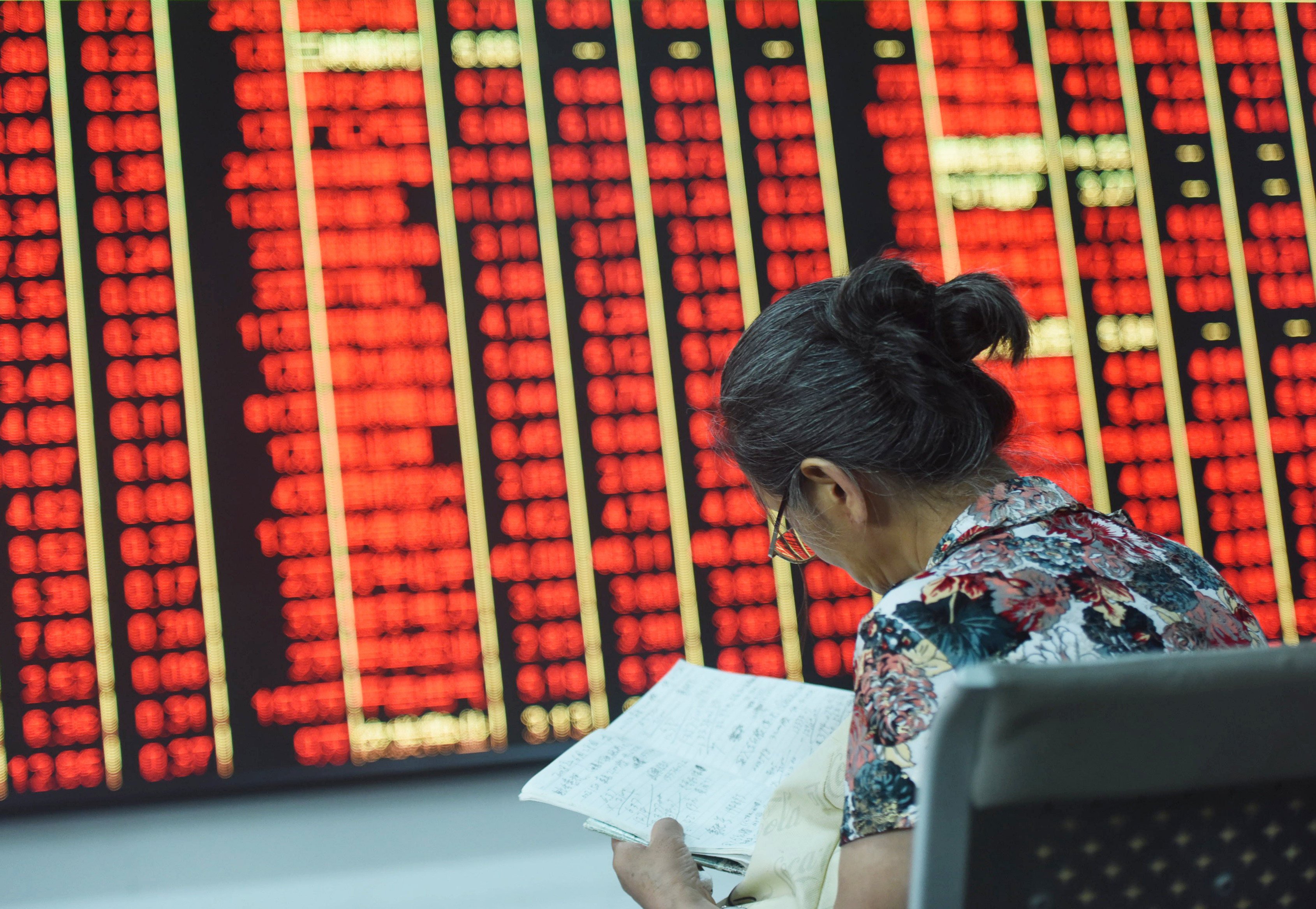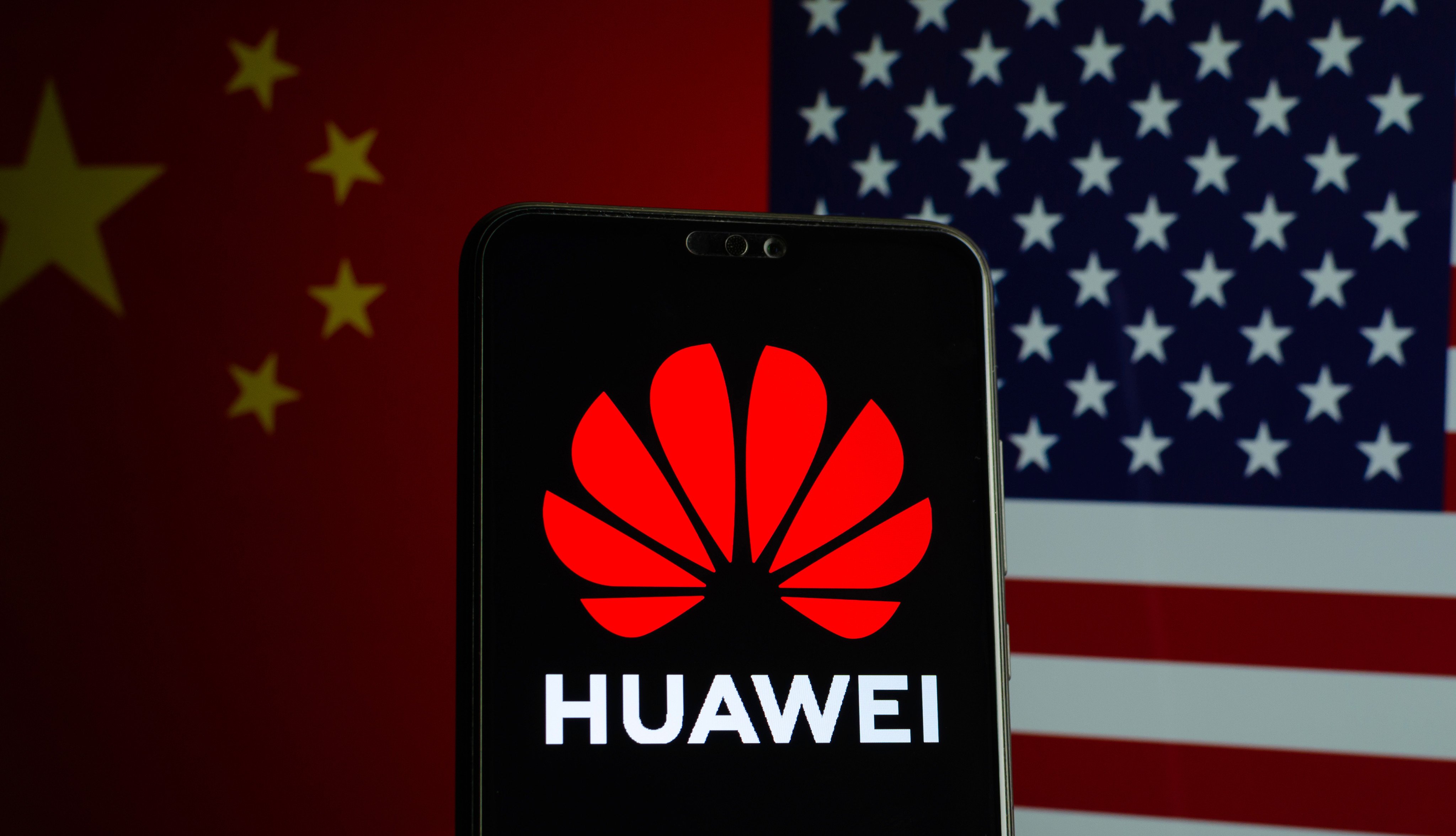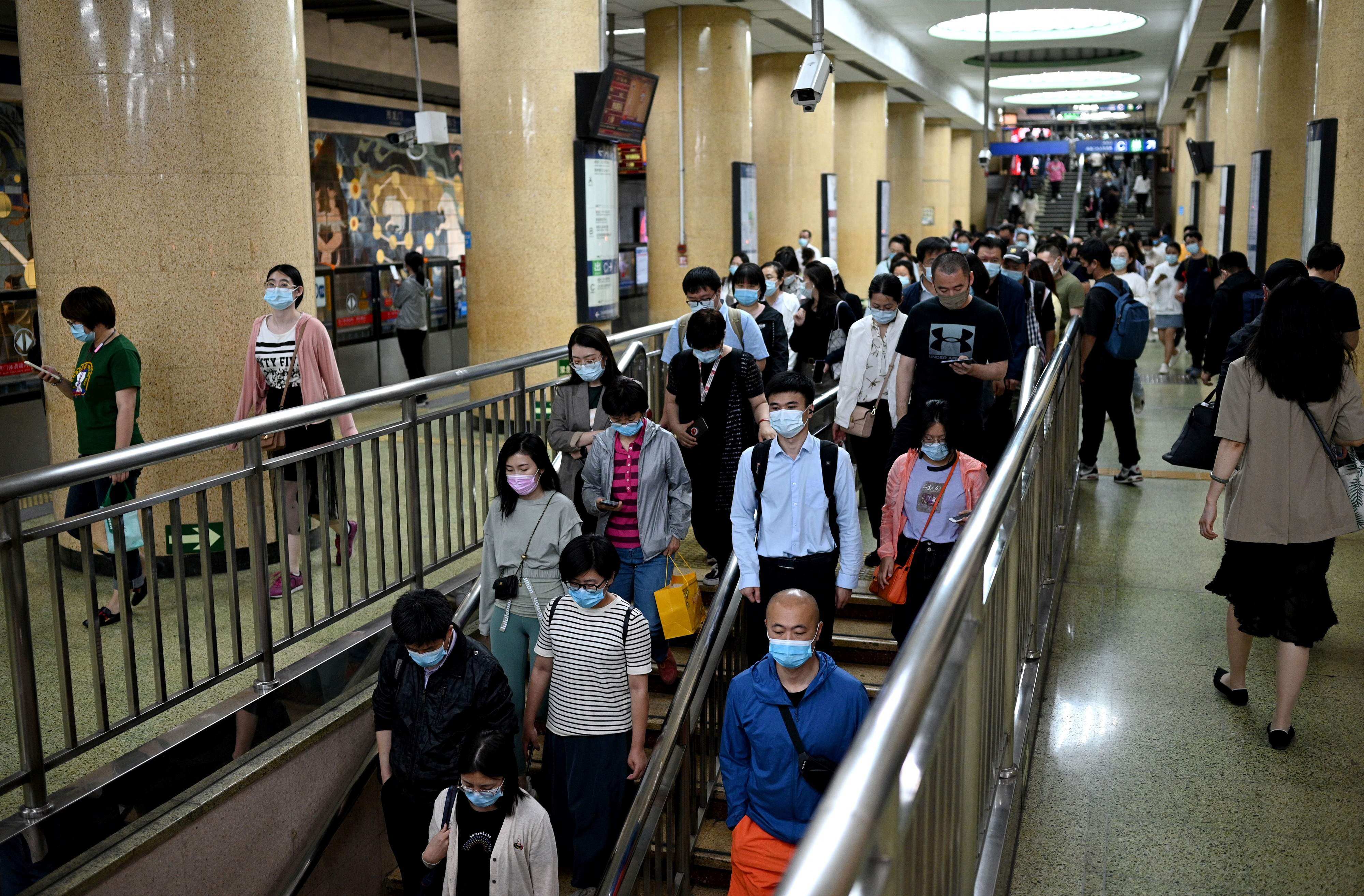Advertisement
Advertisement

Zhou Xin
Tech Editor
Zhou Xin is Tech Editor of the Post, following stints as Political Economy Editor and Deputy China Editor. He has previously worked for Reuters and Bloomberg in Beijing.
The central bank’s pledge to increase reserve holdings of the Hong Kong dollar shows a commitment to the city’s financial hub status.
The Chinese investors’ darling of 2024 is one of the nation’s best hopes in developing home-grown advanced graphics processors.
The proliferation of e-commerce and other technologies has helped China maintain its resilience amid trade barriers.
The economic and political costs of a weakened yuan far outweigh the possible benefits China could gain from boosting exports.
Advertisement
China is expected to record 5 per cent economic growth this year, but that number has lost its relevance to many investors and consumers.
Its latest foreign-visitor policy shows that China is willing to be pragmatic, rather than adhering strictly to ideologies.
In an interview with the Post, Geely CEO Gui Shengyue discusses the company’s overseas strategy and EU tariffs.
‘As a carmaker, you will lose a profit growth engine if you do not make petrol cars,’ CEO Gui Shengyue says in interview.
Beijing may be looking to add teeth to its response to Washington’s escalating chip war, starting with a slap on the wrist for the AI-chip maker.
With hindsight from Trump’s first term, Beijing could adopt a different approach this time around.
The Chinese entrepreneur addresses the fintech giant for the first time since it withdrew its mega IPO in 2020.
Trump’s threat of tariffs over a currency that will likely never exist is a reminder of how much clout the dollar has in the developing world.
My Take | Apple, Tesla and Starbucks to face testing time in China under second Trump administration
These cosy relationships may be challenged during the second Trump term due to changing market conditions and deteriorating US-China ties.
In video speech delivered to the annual World Internet Conference, Xi Jinping called for ‘inclusive’ cyberspace development as US-China fissures widen.
Communist Party mouthpiece People’s Daily praised Tesla for sparking an EV boom, but Musk’s role in a new Trump administration could complicate matters.
China does not tolerate people like Musk being deeply involved in politics, but finding the right balance between state and market is tricky.
China’s Vice-Premier He Lifeng will lead delegation to the 2024 Global Financial Leaders Investment Summit in Hong Kong, two sources said.
Beijing’s efforts to cultivate a ‘birth-friendly society’ marks an about-turn from its rigid, decades-long enforcement of a one-child policy.
During the Song dynasty China’s population exceeded 100 million for the first time, breaking a historical ceiling of about 60 to 80 million.
Ma Yi explains why Hong Kong is an ideal place to attract global talent and how he is using the new role at the University of Hong Kong to promote academic exchange.
A new document from the Communist Party paves the way for local governments to become the ultimate owner and seller of public data.
The draft private-economy protection law contains clauses targeting ‘long-range fishing’ and other problematic practices by local officials.
The current investor euphoria has been aroused by the proliferation of upbeat short-video posts on Chinese social media.
The gains were made on the back of a report that said the two firms plan to sell certain overseas operations amid heightened US scrutiny.
Mu Rongjun, an executive director of the on-demand delivery firm, sold the shares after a 240 per cent price rally since a February low.
The US$624 million deal is expected to enlarge JCET’s share in China’s data storage market.
Much more than a cyclical adjustment, Beijing’s latest policy shift marks a milestone in the history of its economic management.
Huawei’s 5G smartphone revival could well be the tip of the iceberg for the mainland’s supply chain transformation under US sanctions.
The controversy over China’s extended retirement age is a fresh reminder of the deep-rooted problems inherent in the country’s national income distribution system.
The third Global AI Summit, which started on Tuesday in the Saudi capital Riyadh, has wooed over 400 speakers from over 100 countries.

